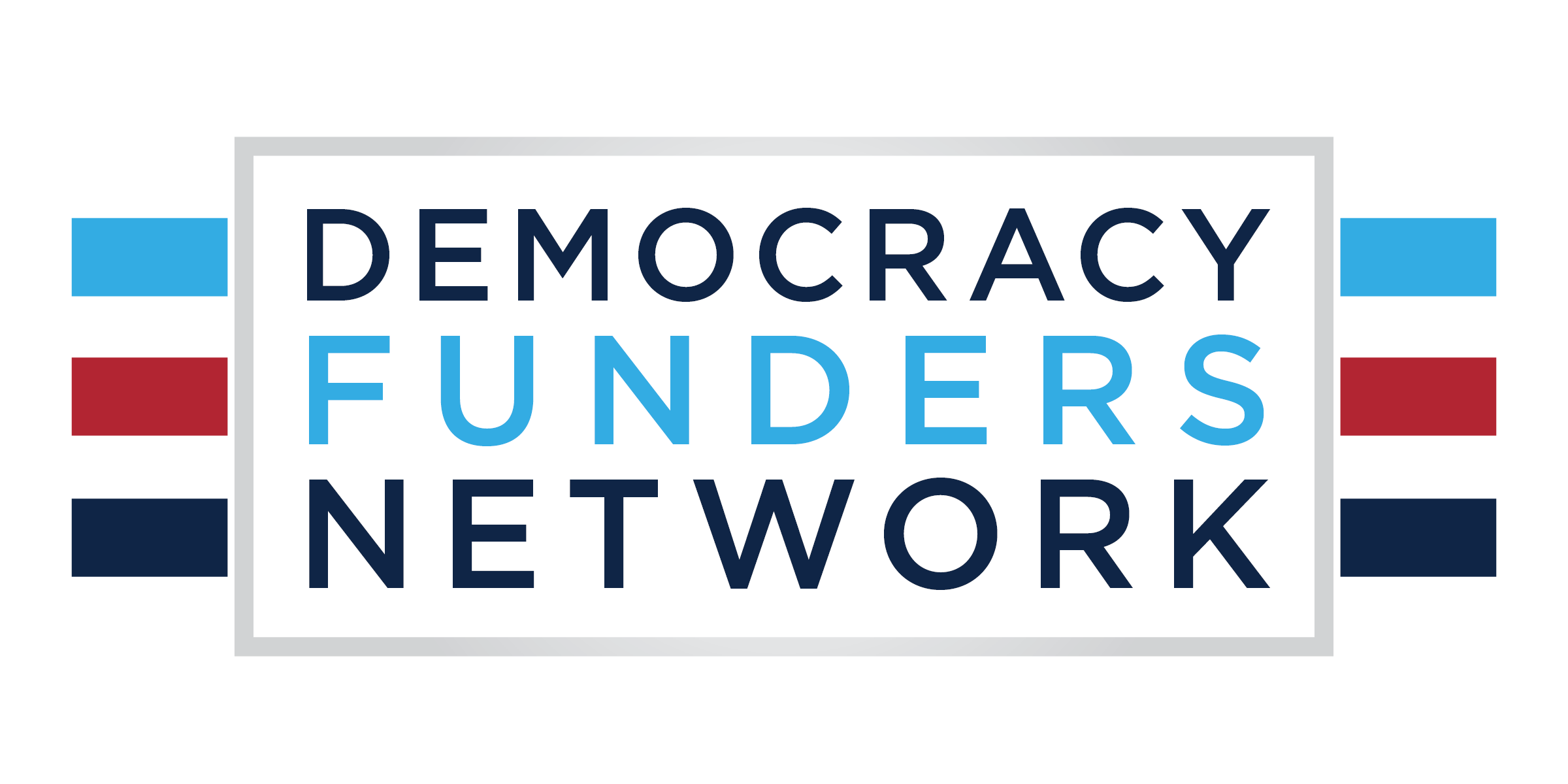Too often, democracy in America is discussed only through the narrow prism of elections. It can be hard for the field to consider what civic engagement and civic infrastructure look like outside of this frame, particularly in a major election year. And yet the practice of democracy extends far beyond periodically exercising the right to vote. In a time of deep polarization and disaffection, people’s trust in government and their fellow residents is directly related to their believing they have agency, that government will be responsive to their preferences, and that government at all levels will deliver materially for them in their everyday lives.
A broad set of actors around the world are applying and testing new methods of participatory governance, and there is growing interest in the United States. Collaborative governance – or “co-governance” – models such as participatory budgeting and citizens assemblies offer more responsive and equitable structures for engaging the public in collective problem solving and in making and implementing policy. What is this “deliberative wave,” and how is it emerging in the United States? What models have been tested so far, what is still unknown, and how might funders support these types of experiments? Finally, what might be possible if thinking beyond elections and adopting a more expansive definition of civic engagement became the norm in the United States?
Speakers:
Shari Davis, Participatory Budgeting Project
Marjan Ehsassi, Berggruen Institute and the Federation for Innovation in Democracy (FIDE)
Hollie Russon Gilman, New America
(Moderator) Suzette Brooks Masters, The Better Futures Project
